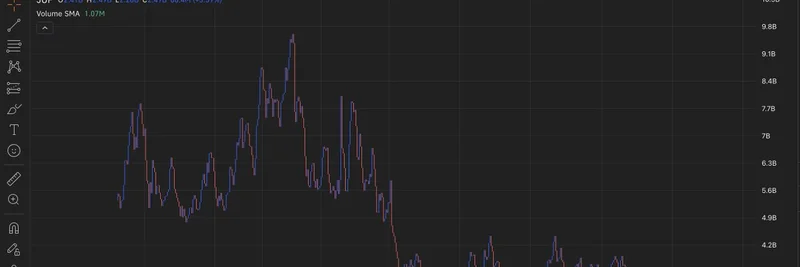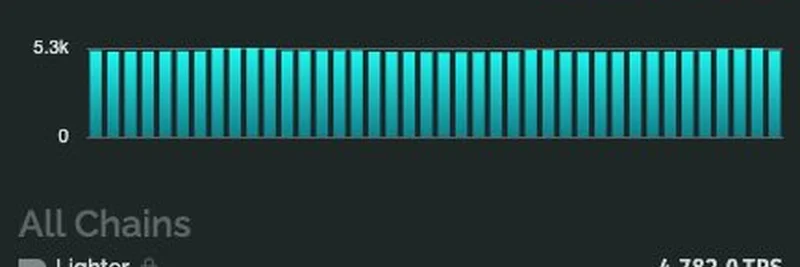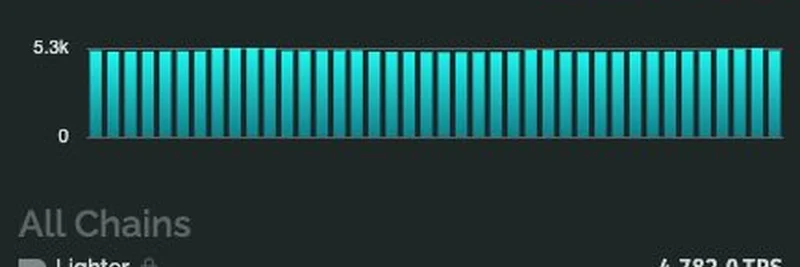In the fast-paced world of decentralized finance (DeFi) on Solana, Jupiter Exchange has long been a go-to platform for swapping tokens efficiently. But like many projects in crypto, attaching a native token—$JUP in this case—can sometimes create more headaches than hype. A recent thread on X (formerly Twitter) from user @MINHxDYNASTY highlights this challenge while praising Jupiter's latest "Fresh Start" initiative.
The thread kicks off by quoting Jupiter's official announcement about burning the Litterbox Trust, a move approved by 86% of voters. This burn isn't just symbolic; it's part of a broader reset to rebuild trust, simplify operations, and put $JUP back at the heart of the ecosystem. As @MINHxDYNASTY puts it, having a token tied to your company is tough—it often shifts focus from building great products to managing market swings.
Look at the chart above: Despite Jupiter being a powerhouse DeFi app (think seamless token swaps and liquidity aggregation), the $JUP price hasn't always mirrored its utility. Volatility can distract teams, but the key takeaway here is the power of pivoting. In traditional business, companies adjust strategies all the time without the emotional rollercoaster of public token prices. Crypto needs to embrace that mindset too, especially for projects like Jupiter that are genuinely pushing blockchain forward.
Key Changes in Jupiter's Fresh Start
Let's break down the major shifts outlined in the thread:
Shorter Unstaking Periods: Previously, a 30-day lockup with penalties discouraged real engagement. Now, it's down to 7 days with no fees, making it easier for holders to participate without feeling trapped.
Streamlined DAO Operations: The decentralized autonomous organization (DAO) was overloaded with constant votes and debates. Going forward, it'll focus only on big-picture items like tokenomics and treasury management, cutting out the noise.
These tweaks aim to create a flywheel where token holders, product growth, and community vibes all feed into each other positively. As @weremeow (a key figure at Jupiter) replies in the thread, it was a tough few months, but acknowledging what's not working and realigning is crucial. The burn, in particular, serves as a gesture to restart relationships with holders on firmer ground.
Why This Matters for Meme Token Enthusiasts
While Jupiter isn't a pure meme token, its roots in Solana's vibrant ecosystem—home to countless memecoins—make this relevant. Many meme projects start with hype but struggle to sustain utility. Jupiter's approach shows how pivoting can bridge the gap: Focus on the product first, let the token enhance it, not overshadow it.
@MINHxDYNASTY wraps up with a reminder that support goes beyond buying tokens. Share your experiences, use the dApp, and contribute to the conversation. In crypto, where volatility is the norm, building a supportive community around solid tech is what drives long-term success.
For more on Jupiter's updates, check out their official blog post. If you're diving into Solana DeFi or exploring meme tokens, moves like this could signal a maturing market ready for the next bull run.
Looking Ahead: Lessons for Crypto Builders
This thread underscores a broader lesson: Crypto projects thrive when they prioritize utility over speculation. Jupiter's reset could inspire other teams to evaluate their token models and community structures. As blockchain evolves, expect more "fresh starts" that emphasize sustainable growth over short-term pumps.
Stay tuned to Meme Insider for the latest on Solana memes, DeFi innovations, and how projects like Jupiter are shaping the future.




